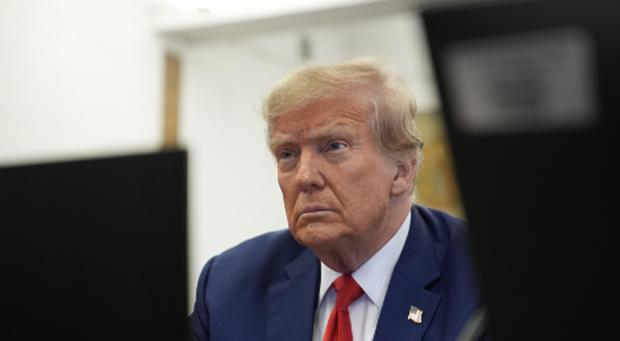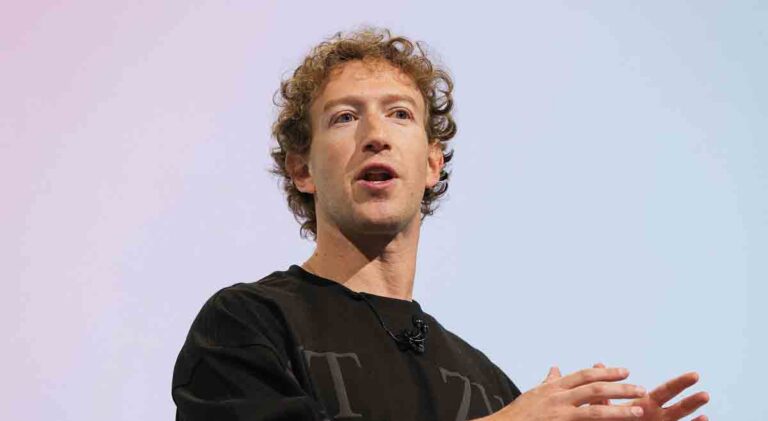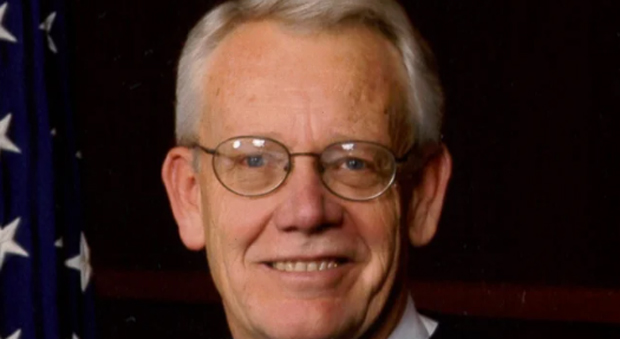Former President Donald Trump vowed to block Central Bank Digital Currency (CBDCs) if elected president, warning it will hand the government “absolute control over your money.”
According to Investopedia, CBDCs are digital currencies issued by a country’s central bank. Unlike cryptocurrencies, their value is fixed by the central bank, much like the country’s fiat currency.
“This would be a dangerous threat to freedom – and I will stop it from coming to America,” Trump told a crowd in Portsmouth, New Hampshire.
“We are also going to put in place strong protections to stop banks and regulators from trying to de-bank you for your political beliefs. That will never happen while I am your president,” the former president added.
JUST IN: 🇺🇸 Donald Trump says "As your president, I will never allow the creation of a Central Bank Digital Currency. Such a currency would give our federal government absolute control over your money." pic.twitter.com/lSE2AGYgOm
— Bitcoin Magazine (@BitcoinMagazine) January 18, 2024
Besides Trump, other Republicans have been sounding the alarm over CBDCs; last year, Florida Governor Ron DeSantis’ office signed Senate Bill (SB) 7054 and SB 214 to “protect the personal finances of Floridians from government overreach and woke corporate monitoring.”
Samuel Armes of the Florida Blockchain Business Association said, “If CBDCs are the encroachment on our civil liberties that the majority of people believe they are, we don’t have time to wait,” adding, “At the end of the day, if the Feds want something, they’re going to try to get it. So it’s our job to try and stop it.”
Sen. Ted Cruz (R-Texas) introduced a bill to ban the Federal Reserve from creating CBDCs in March last year.
“The federal government has no authority to unilaterally establish a central bank currency,” Cruz said in a press release. “This bill goes a long way in making sure big government doesn’t attempt to centralize or control cryptocurrency and instead, allows it to thrive in the United States.”
CBDCs have long been touted by globalists for their ability to allegedly “improve cross-border payments.” However, others see the CBDCS as nothing more than tools of oppression.
Federal Reserve Governor Michelle Bowman sounded the alarm over bank digital currencies last year, saying, “In thinking about the implications of CBDC and privacy, we must also consider the central role that money plays in our daily lives, and the risk that a CBDC would provide not only a window into but potentially an impediment to, the freedom Americans enjoy in choosing how money and resources are used and invested.”
The sales pitch of a cashless society comes in the form of “preventing crime” and “providing a safe, convenient alternative to physical cash.” But there is a much darker side.
Removing cash hands over control to the government to control spending while making it easier for central banks to manipulate monetary policies.
Despite the obvious dangers to personal liberty, CBDCs might are being embraced across the globe. So far, 130 countries are already exploring central bank digital currencies, according to data from the Atlantic Council CBDC Tracker.
Independent Presidential candidate Robert F. Kennedy Jr. also opposed CBDC, calling them a “slippery slope to financial slavery and political tyranny.”
“While cash transactions are anonymous, a #CBDC will allow the government to surveil all our private financial affairs. The central bank will have the power to enforce dollar limits on our transactions restricting where you can send money, where you can spend it, and when money expires,” he wrote on X.
However, Federal officials have yet to decide how CBDC would be designed. However, Politico reported that in 2021 paper, they envision a token held in digital wallets controlled by banks, suggesting they would be responsible for safeguarding transaction information.
“Protecting consumer privacy is critical,” the Fed said in that paper. “Any [central bank digital currency] would need to strike an appropriate balance, however, between safeguarding the privacy rights of consumers and affording the transparency necessary to deter criminal activity.”











